TLDR
When you’re running a restaurant, smart spending is key to keeping your budget in check. And if there’s one person who knows a thing or two about smart spending, it’s Warren Buffett.
You don’t have to be a finance whiz or an expert investor to learn from Warren Buffett’s frugal habits. In fact, when it comes to restaurant operations management, you can take some key lessons from the Oracle of Omaha himself.
From hardware purchases to kitchen prep and beyond, we’ll explore the principles that can help you save money and increase your bottom line. Let's dive into what Buffett-approved strategies restaurants can employ for smart spending.
Focus on Quality Over Quantity
"It takes 20 years to build a reputation and five minutes to ruin it. If you think about that, you'll do things differently." Warren Buffett knows a thing or two about wise spending, and he has long advocated for quality over quantity when it comes to investing in businesses.
This same philosophy can be applied to restaurant spending—investing in quality items and ingredients that have long-term value will reap bigger rewards over the long run than buying in bulk or going for the cheaper option. High-quality ingredients, which might cost more at first, will be able to last longer and provide an exceptional experience for your customers time after time, allowing them to develop loyalty to your establishment and become regular customers.
Simply put, by investing money in better ingredients and materials you are investing not only in the longevity of your restaurant but also in the experience of your customers, which is invaluable.
Cut Unnecessary Spending
Warren Buffett has been known for his frugality and smart spending. He's been known not just to invest in companies, but also to look for ways to save money for himself. So what can you learn from him about saving money when it comes to running a restaurant?
One key lesson is that credit card debt is an unnecessary expense, and should be avoided at all costs. Furthermore, many businesses sign up for services like streaming apps or delivery services, but they can end up being more expensive than necessary if not managed properly.
To make sure your restaurant isn't spending more than it needs to, consider creating a budget and tracking your spending habits. This will help you identify where money is being wasted and figure out where it is best allocated. With a clear spending plan in place, you can start looking for ways to reduce costs and save money in the long-term.
Be Careful With Loans
If necessary, take out loans responsibly. Warren Buffett always considers the terms, interest rates and other aspects before taking any financial decision. That includes taking out a loan for your business. Interest rates can be high, so be sure to go over the details with your lender and look for the best deal. Be aware that prepayment penalties may apply if you decide to pay the loan off early and try to avoid those if you can. And lastly, make sure you're not taking on more debt than your business can manage—it might cause an overall debt increase that could put a strain on your finances.
Value Versus Price
When it comes to money-saving strategies, Warren Buffett knows a thing or two. One of the key things to understand here is the difference between price and value.
Price is the amount paid, while value is the benefit received in return. Our advice when it comes to getting the most bang for your buck? Look for items that give you the best return on your investment, not just what's cheapest. Put simply: if you find something that gives you great value over time, even though it may cost more upfront, it might be worth it in the long-run.
On the other hand, cost is the amount spent to produce a product or service, while value is the importance or usefulness of it. Many restaurants get caught up in trying to offer items with a low cost but no real intrinsic value—buying cheap ingredients and expecting customers to pay more than they should for a subpar experience. It's important to strike a balance between quality ingredients and reasonable prices.
For example, investing in high-quality linens instead of continually buying cheaper ones that have to be replaced often can save you money in the long term by not having to replace them frequently due to wear and tear or broken pieces. This will result in higher customer satisfaction rates because they're receiving better quality items with each visit.
Final Thoughts
So there we have it—restaurants can learn from Warren Buffett by focusing on quality, avoiding unnecessary spending, being careful with loans, and appreciating the value of price versus quality. Adopting some of Warren Buffett's frugal habits can save you money and help make your restaurant more successful.
In short, when it comes to restaurant expenses, it's all about prioritizing the right purchases, avoiding wasteful spending, and investing in items that will benefit your business the most. Doing this means you can be more cost-effective while still getting the quality you need. All of this taken together, can save you money and make your restaurant thrive.


.webp)


.webp)
.png)
.webp)


.avif)
.webp)
.webp)
.webp)

.webp)










.png)
.png)







.svg)
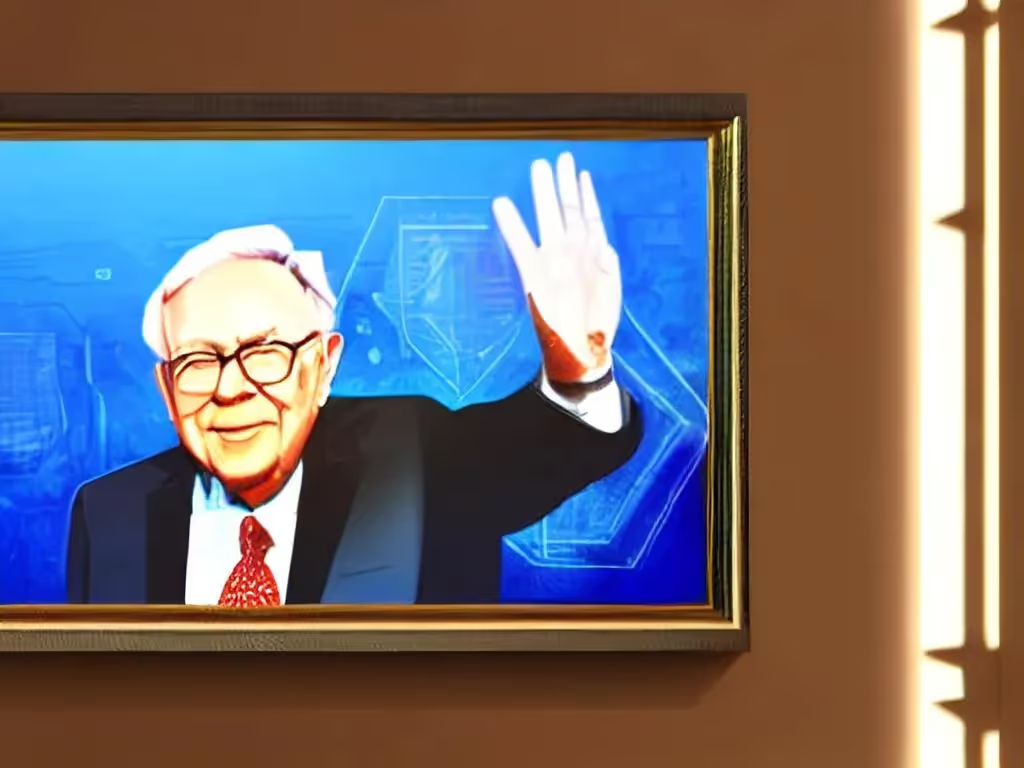




.svg)
.svg)



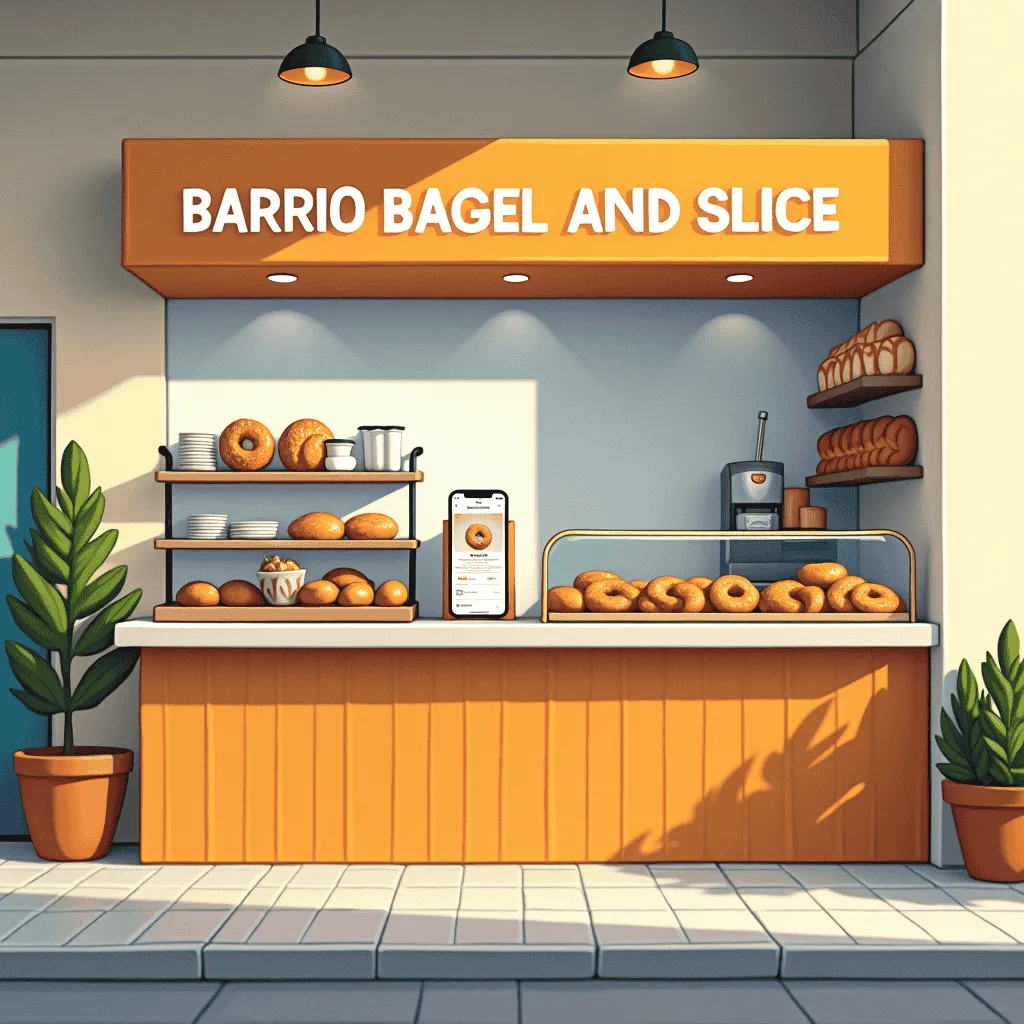


.avif)

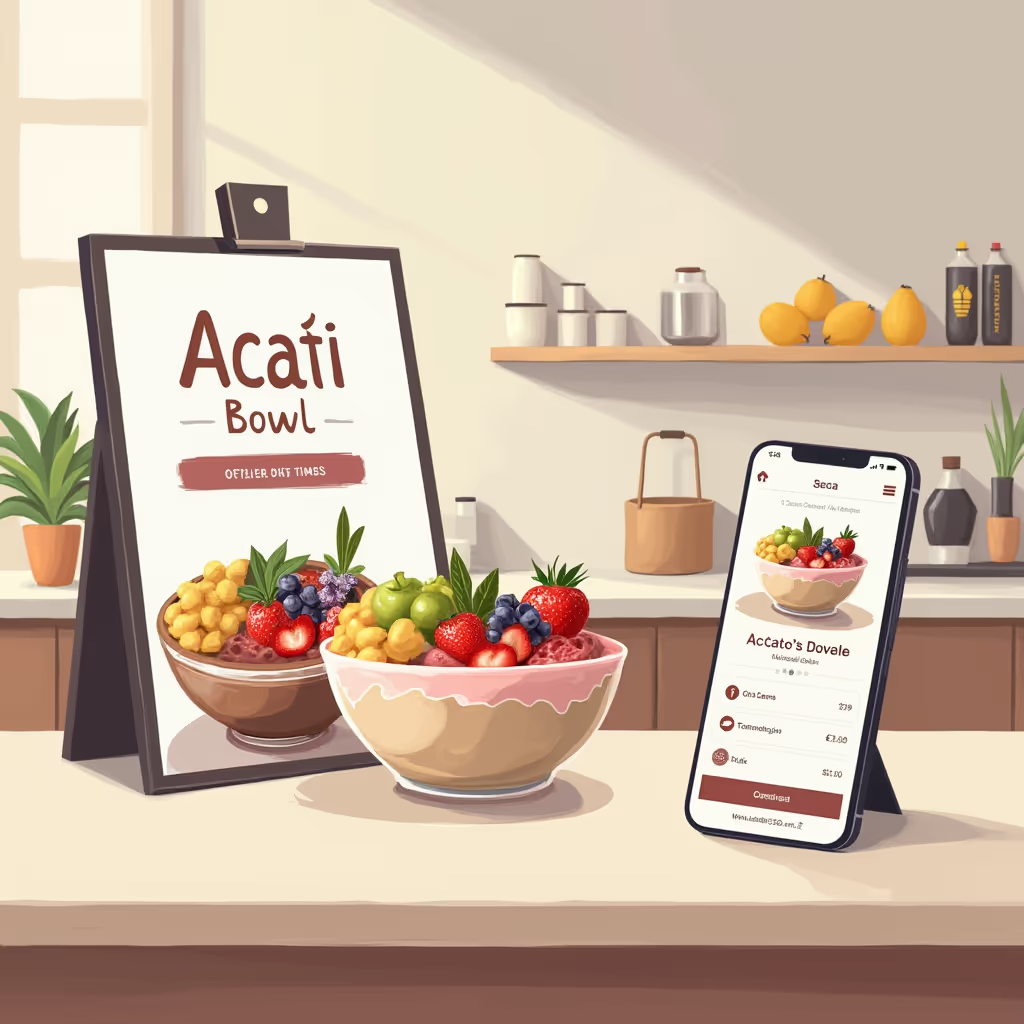

.avif)
.avif)

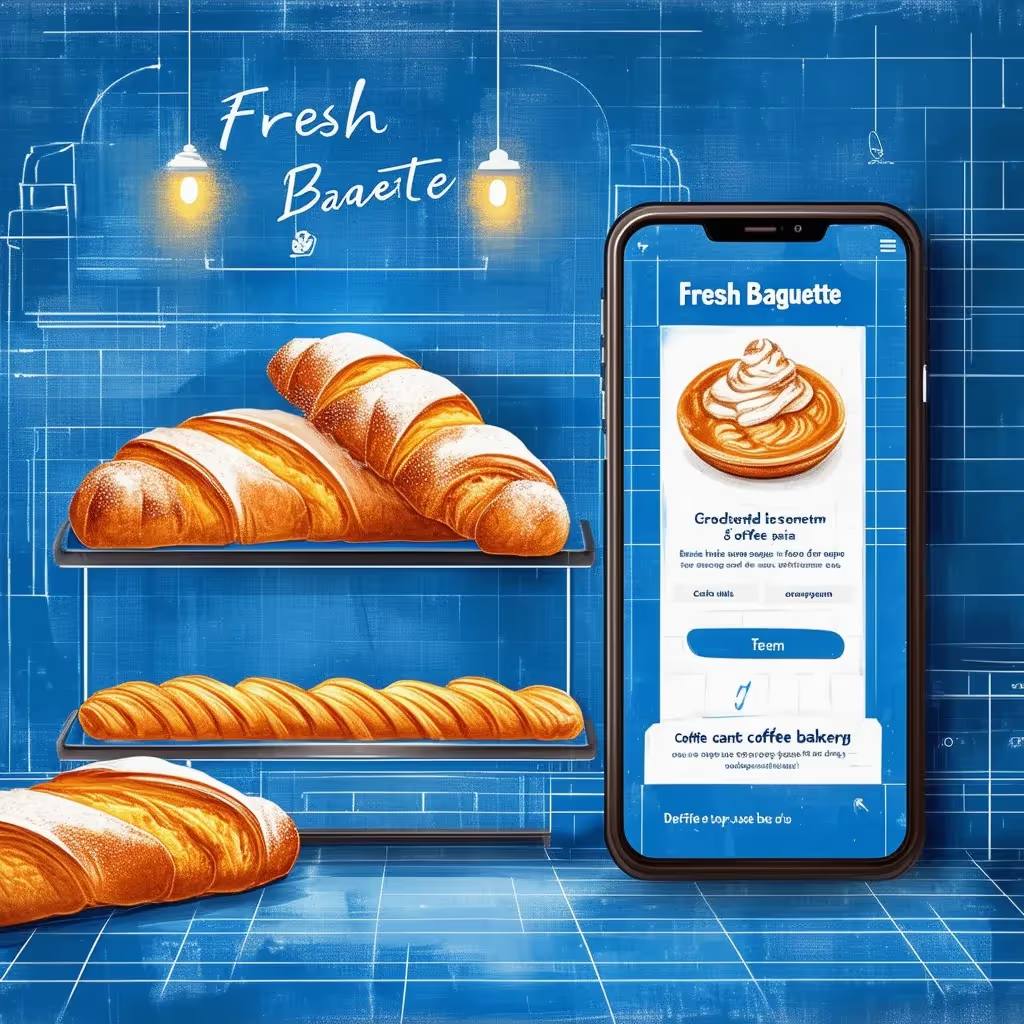

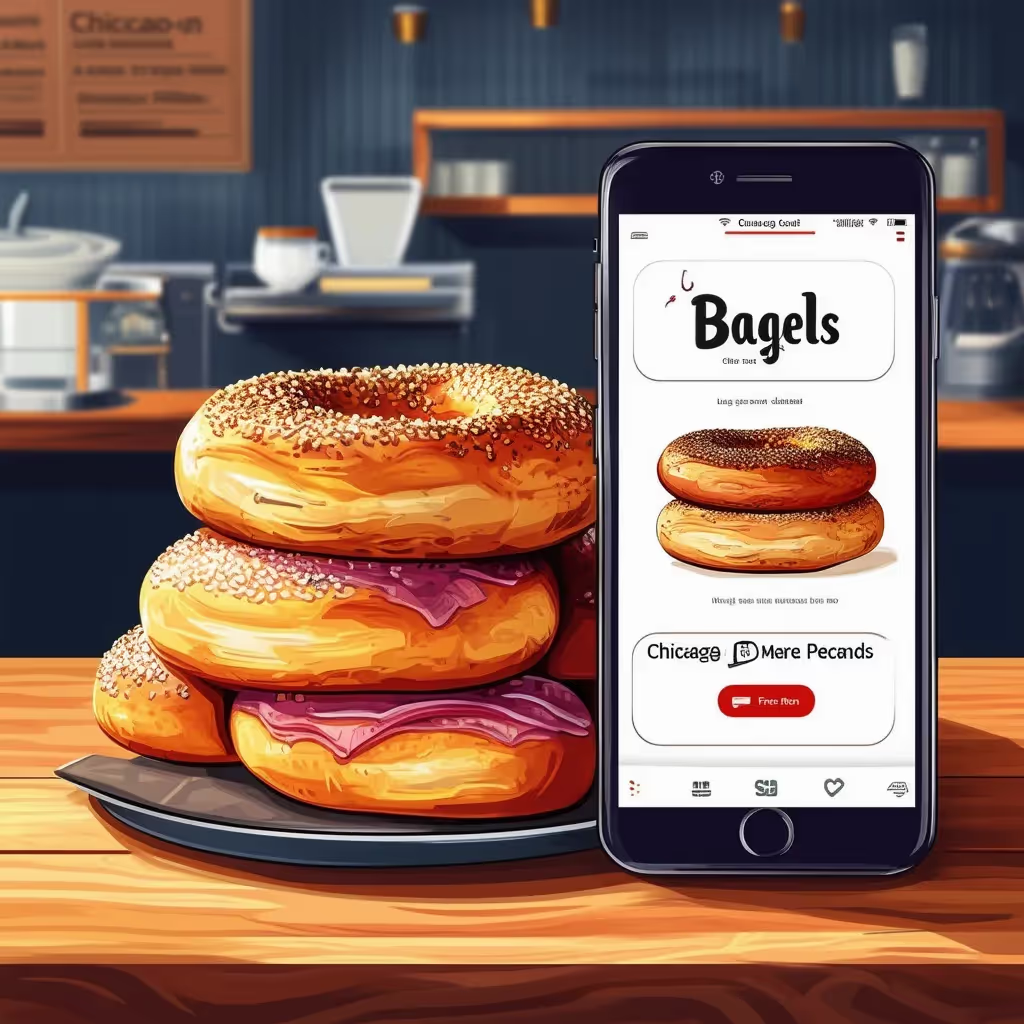
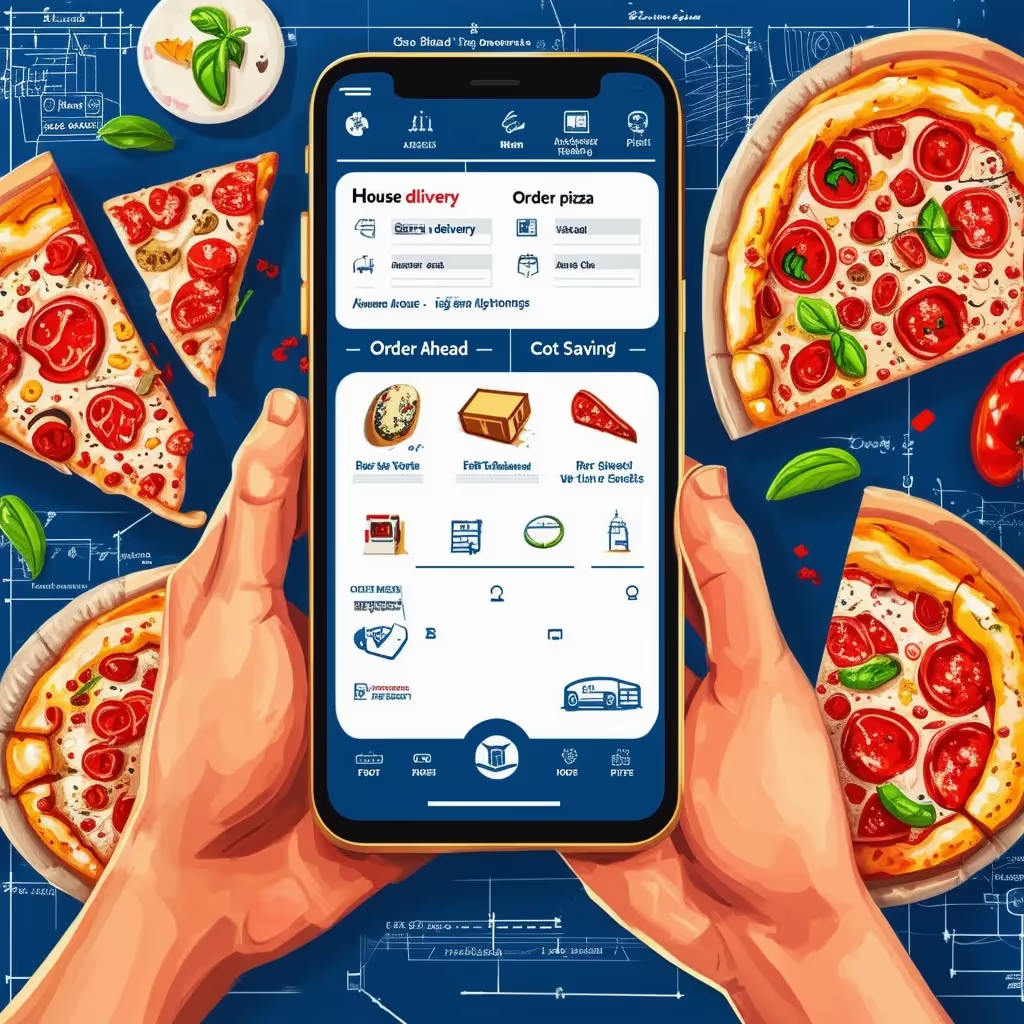











.avif)




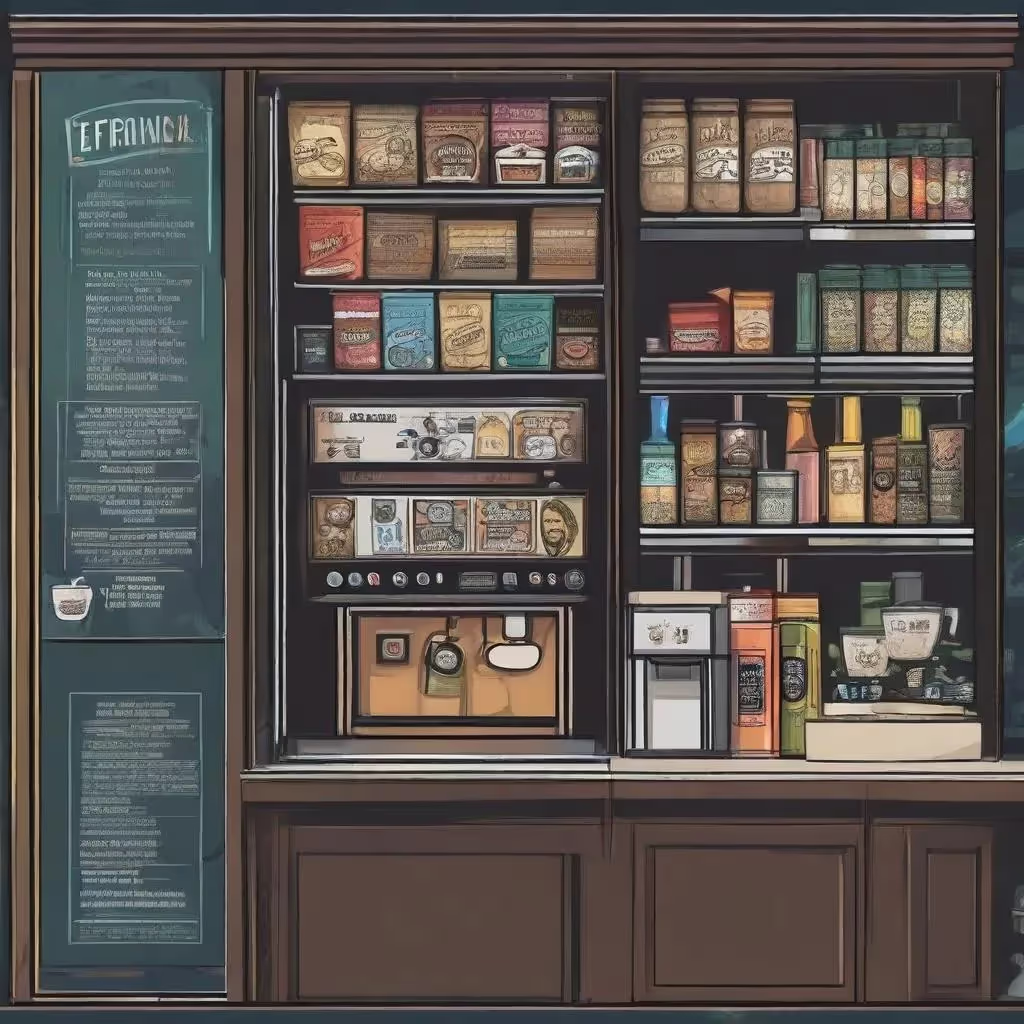



.avif)










